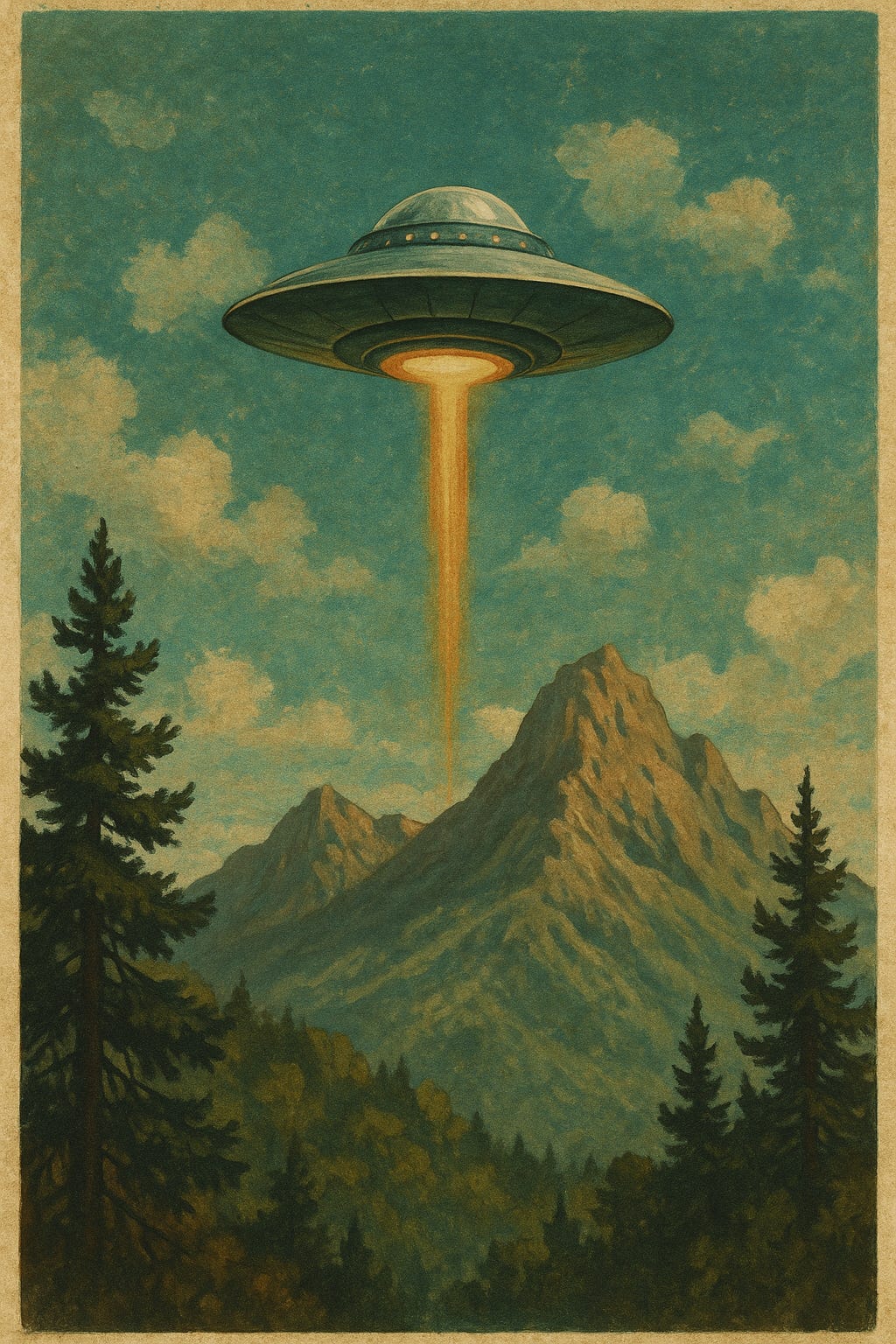Cognitive Dissonance
A house of cards, built on conspiracy theories, must be continually reinforced
It’s one of those phrases we use so often it starts to sound like background noise.
Cognitive dissonance.
A little intellectual spice for online arguments. A shorthand insult. A concept we think we understand but rarely stop to examine.
But it's worth remembering where it came from and the extraordinary story behind it.
In the 1950s, social psychologist Leo…



